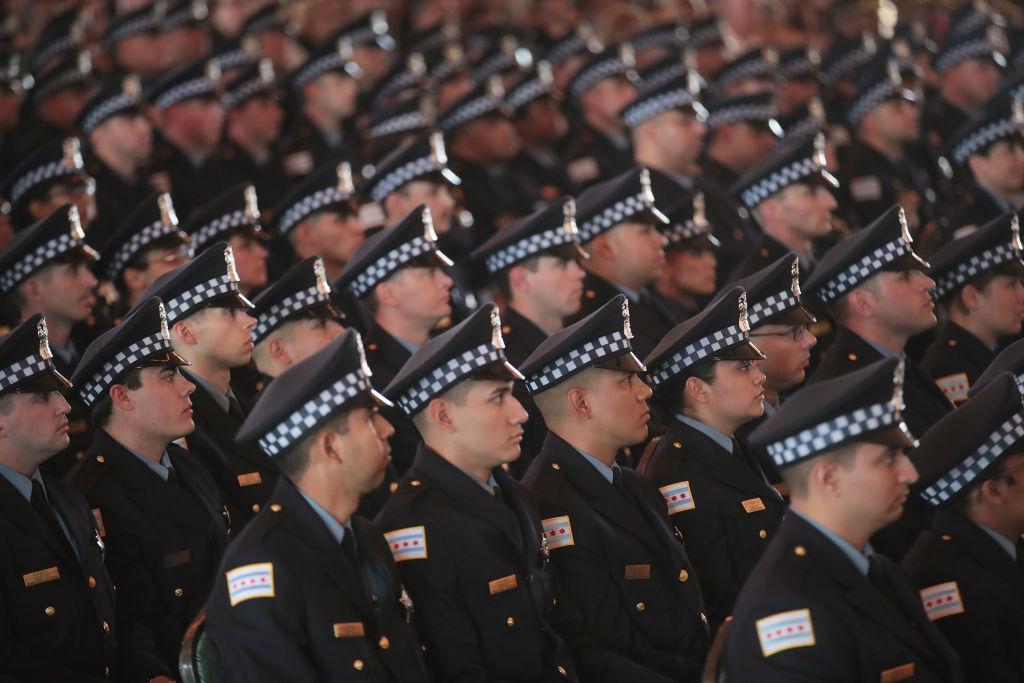CHICAGO—Since Illinois lawmakers passed a major criminal justice reform bill in January, five sheriffs have retired early and six sheriffs are set to retire this summer, according to Illinois Sheriffs’ Association (ISA) Executive Director Jim Kaitschuk.
“This is the most I’ve seen. They’re quitting as a direct result of the legislation,” Kaitschuk told The Epoch Times.





